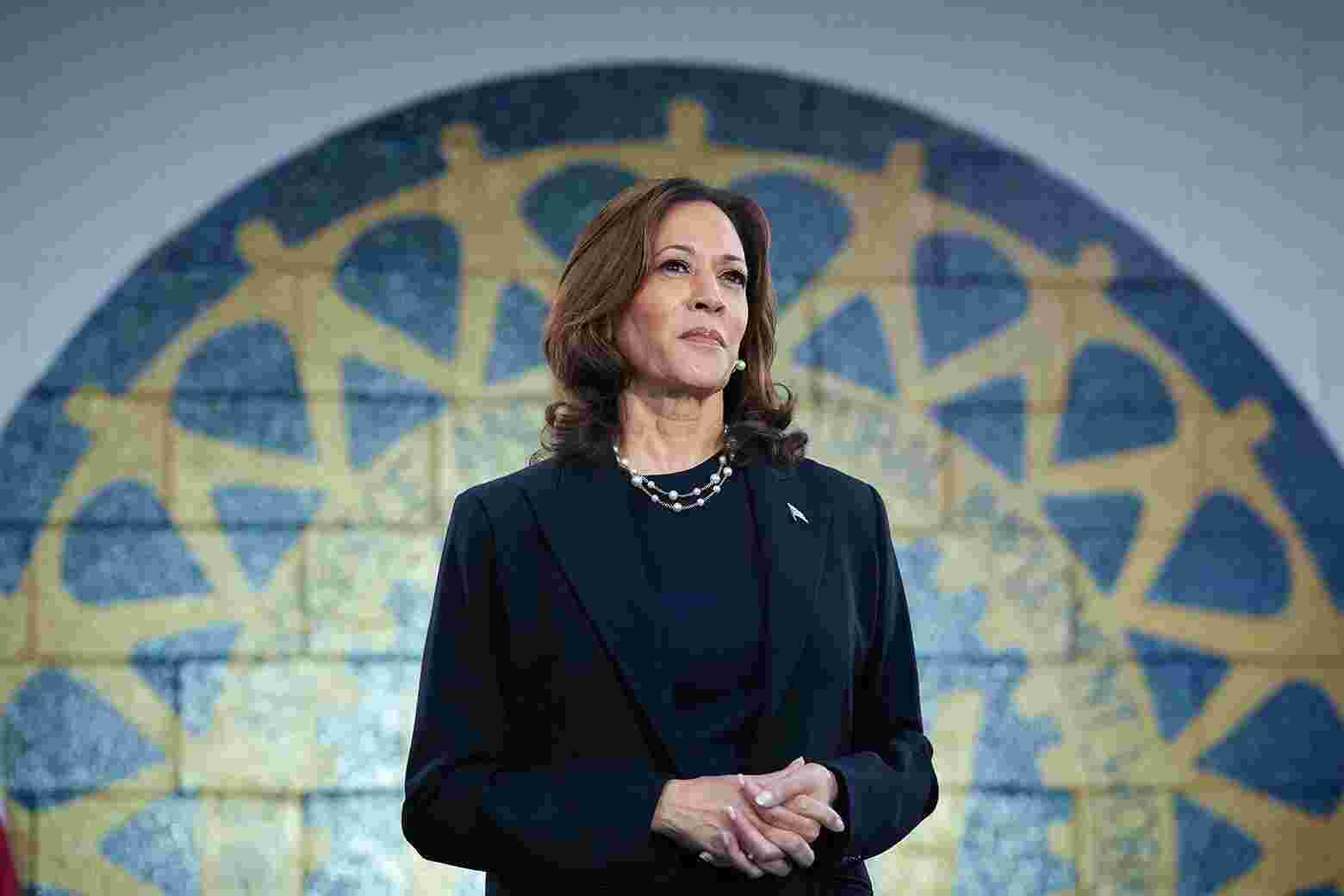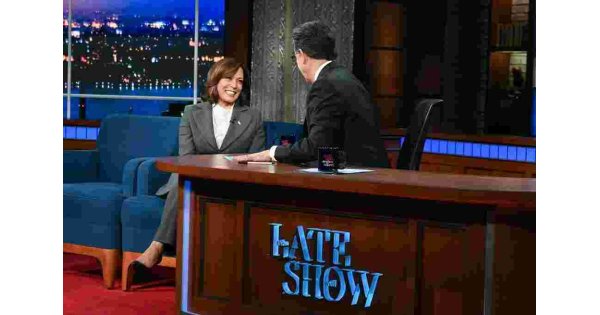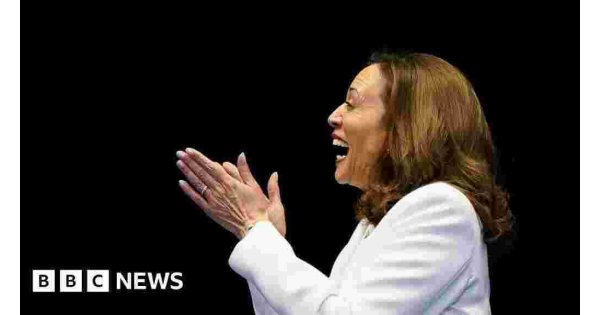At a recent rally in Detroit, Kamala Harris and Tim Walz were met with enthusiastic support from a packed crowd in an aircraft hangar. However, the event was briefly interrupted by pro-Palestine protesters, leading to a tense exchange between Harris and the protesters. Harris defended her right to speak, but the incident highlighted ongoing divisions within the Democratic Party over the war in Gaza.
The presence of protesters Layla Elabed and Abbas Alawieh, co-founders of the "uncommitted" movement, added a layer of complexity to the event. Elabed, a Palestinian American political activist, played a significant role in withholding over 100,000 votes from Biden in the Michigan Democratic primary. Despite their opposition, the Harris campaign invited them to the rally, recognizing the importance of engaging with these disillusioned voters.
In an interview, Elabed shared her experience meeting Harris and discussed the conditions under which voters like her would consider supporting the vice president. She emphasized the need for a policy shift that protects Palestinian lives and ends the occupation. Elabed and Alawieh used their platform to advocate for an arms embargo on Israel, a crucial step toward saving lives in Gaza.
Elabed described a positive initial response from Harris, who indicated her willingness to meet and discuss an arms embargo. However, a subsequent public statement from Harris's team clarified her opposition to such an embargo. Despite this, Elabed remains committed to engaging with Harris, believing that a change in policy is necessary to unite the Democratic Party and secure votes from uncommitted voters.
The exchange between Harris and the protesters, as well as Elabed's advocacy, highlight the complex dynamics within the Democratic Party. While Harris aims to rally support for her presidential campaign, she must navigate the party's divisions and address the concerns of voters who are demanding a departure from the current administration's stance on Israel-Palestine.
Elabed's perspective as a Palestinian American activist adds a crucial voice to the conversation. She emphasizes the grief and frustration felt by her community in the wake of the violence in Gaza. For Elabed and other uncommitted voters, empathy is not enough; they seek concrete policy changes that uphold human rights and international law.
The interview also touches on Harris's delicate position as both vice president and presidential candidate. Elabed recognizes the challenges of deviating from Biden's policies but asserts that funding a war and supporting Netanyahu's far-right government contradict democratic values. As the election draws closer, Elabed's stance is clear: she will not advocate for voting for Harris without a commitment to meeting the demands of uncommitted voters.
The Detroit rally and the subsequent interview with Elabed shed light on the complex dynamics within the Democratic Party and the diverse range of voices that shape its future. As Harris navigates her campaign, she must address the concerns of voters like Elabed, who represent a significant bloc of disillusioned voters seeking a more just and moral foreign policy. The exchange between them highlights the ongoing struggle within the party over its stance on critical foreign policy issues, with potential repercussions for the upcoming election.
The Other Kamala Harris Moment in Detroit
The campaign is already taking a different approach than Biden’s.

Related Posts

Kamala Harris Has A Beer With Stephen Colbert In ‘Late Show’ Appearance; VP Says Donald Trump “Gets Played” By Dictators – Watch Clip

Kamala Harris hits back at ‘childless’ attacks on Call Her Daddy podcast: ‘This is not the 1950s anymore’


